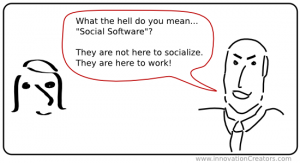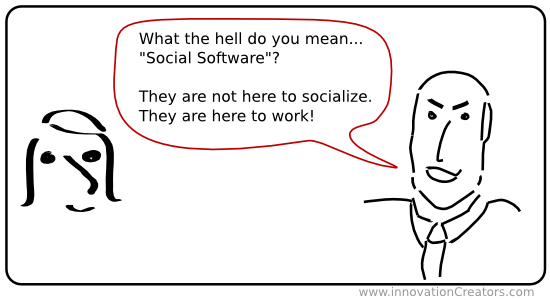- Patricia Dunn continues as Chairman of the Board for 4 months. She should be out immediately.
- She will remain on the Board as Director even after January. What a joke.
- Mark Hurd will be the new Chairman while keeping his CEO position. He may be the savior of HP and untainted by the current scandal, but the separation of CEO and Chairman roles is a fundamental principle of good Corporate Governance.
Bad. Bad. Bad. I guess Robert is right: HP still has a major ethical problem.
Update (9/12): Management guru Tom Peters weighs in: ![]()
“Your watch. Your responsibility. That’s the whole damn point of a chain of command—in Iraq or Palo Alto.
Step down, Ms Dunn.”(hat tip:Paul Kedroskyy)
Tags: HP+Scandal, HP+Board, Board+of+Directors, Corporate+Governance

 I’ll be moderating another
I’ll be moderating another 



 Back to the HP cameras, this is the kind of enhancement I had in mind, but without the steroids or hard work. Oh, and not in 12 weeks, but 12 seconds.
Back to the HP cameras, this is the kind of enhancement I had in mind, but without the steroids or hard work. Oh, and not in 12 weeks, but 12 seconds. 





Recent Comments